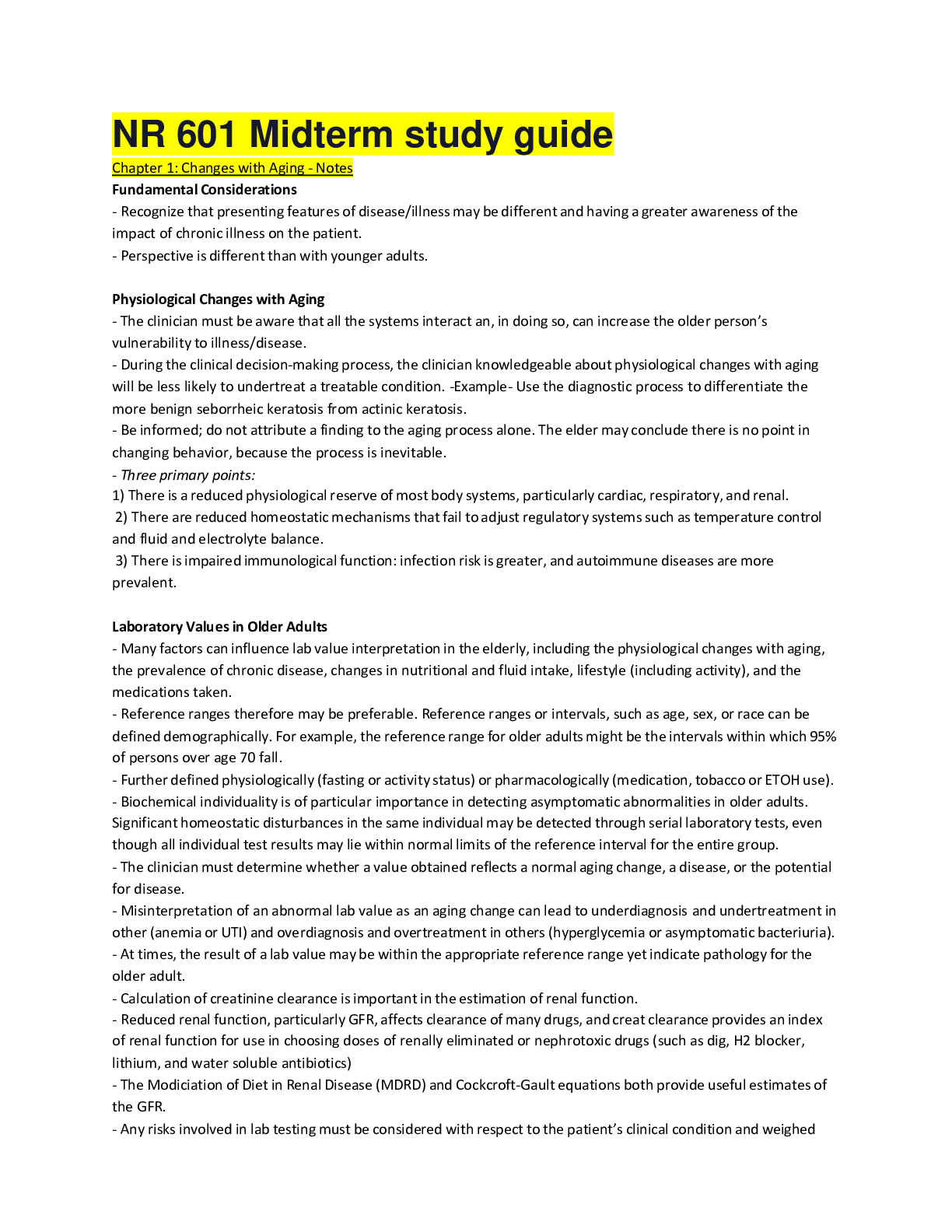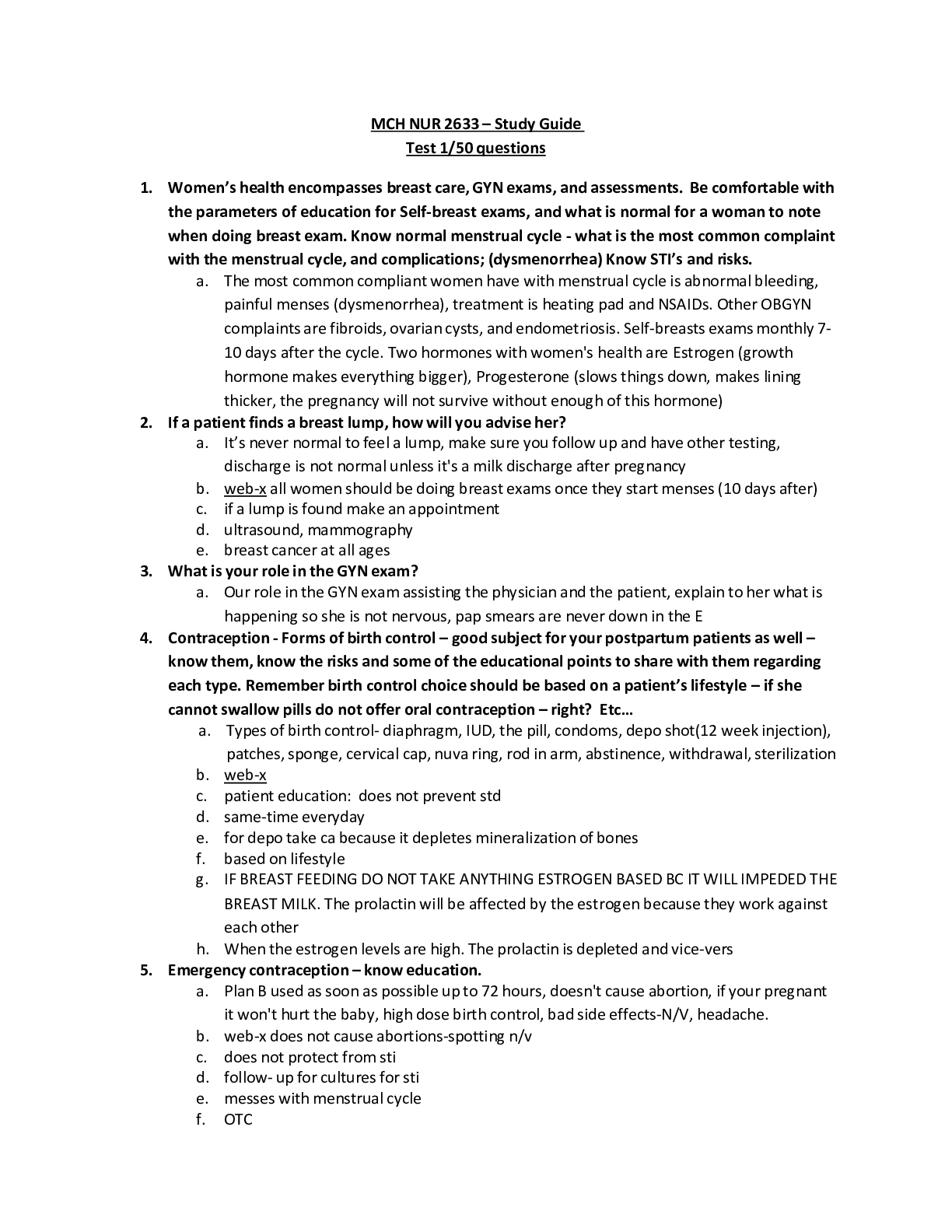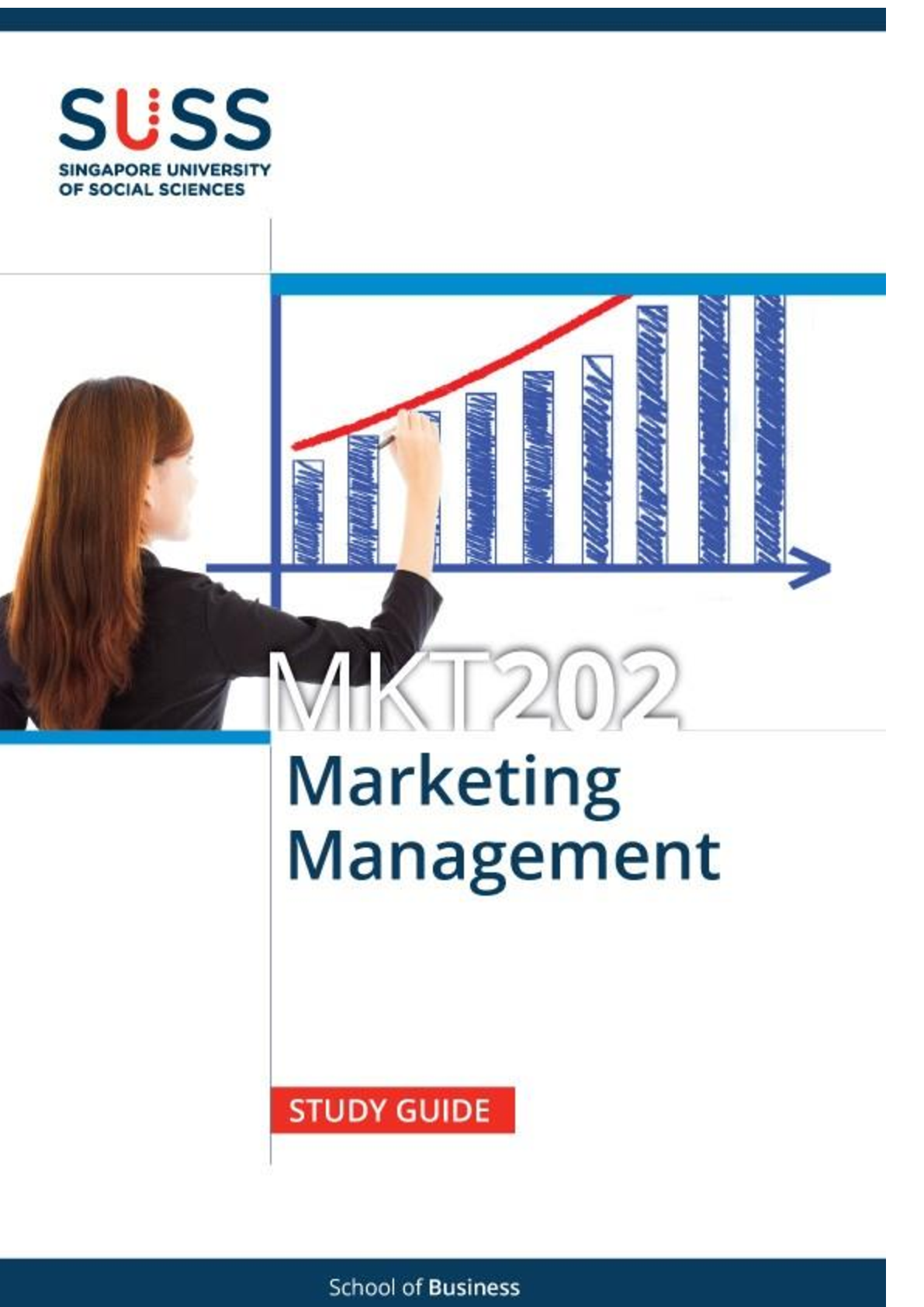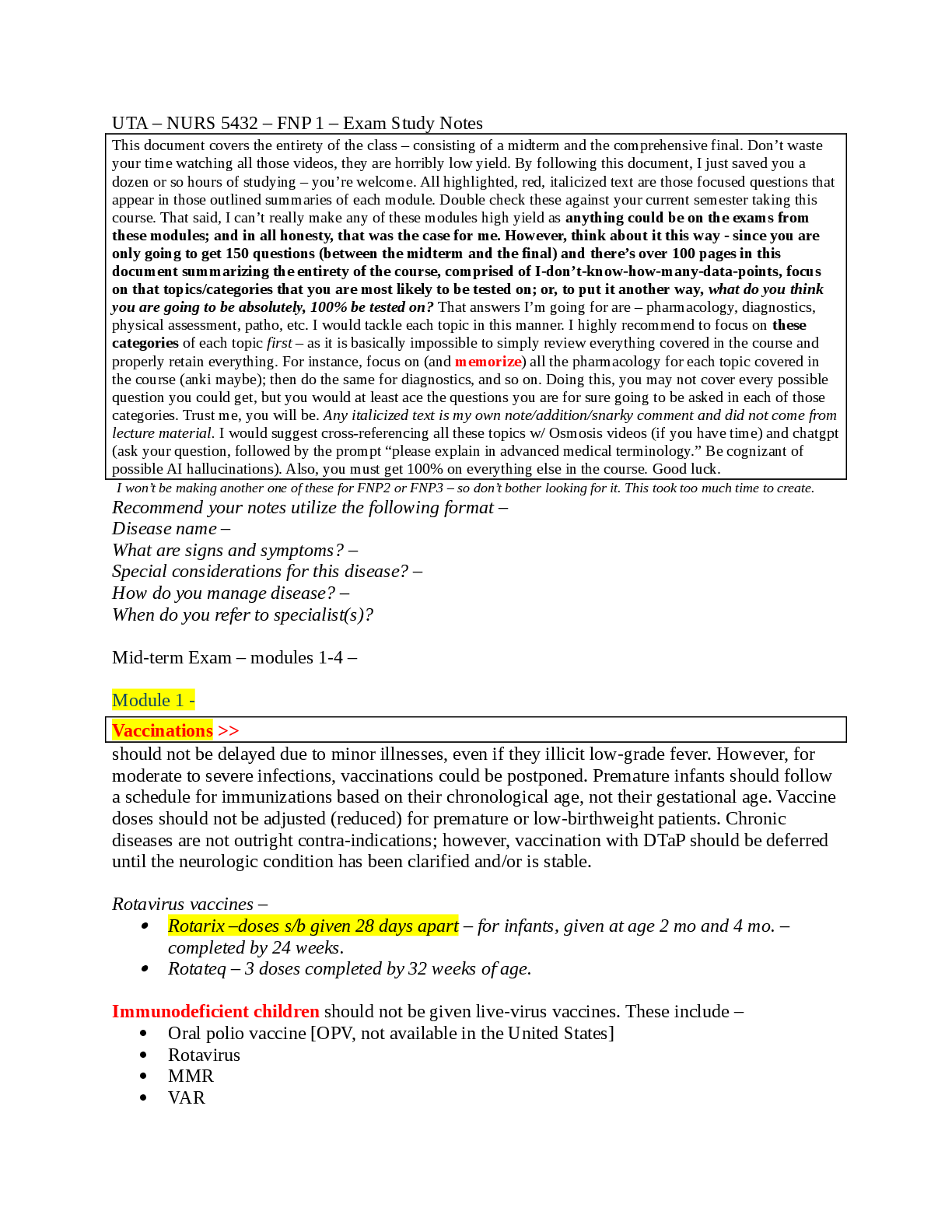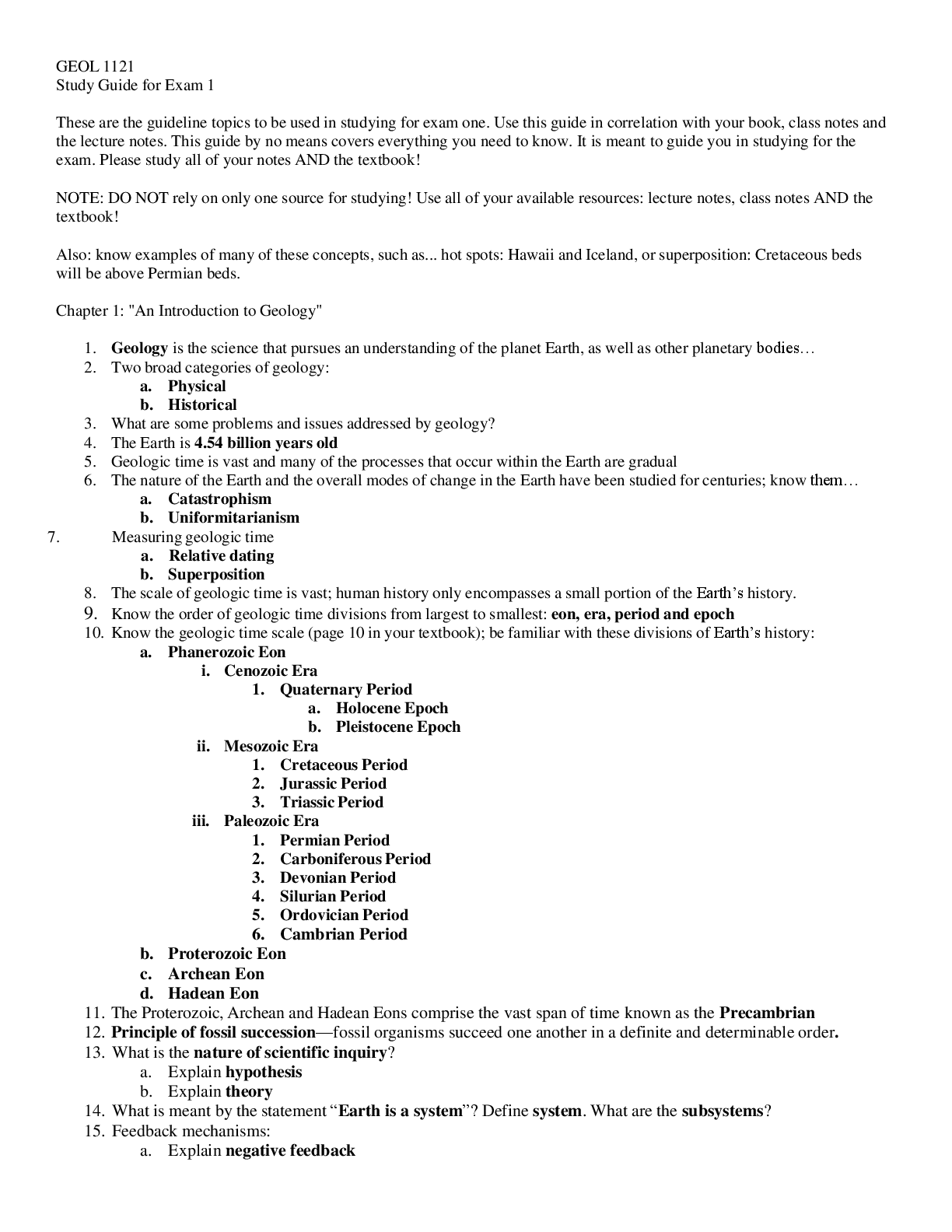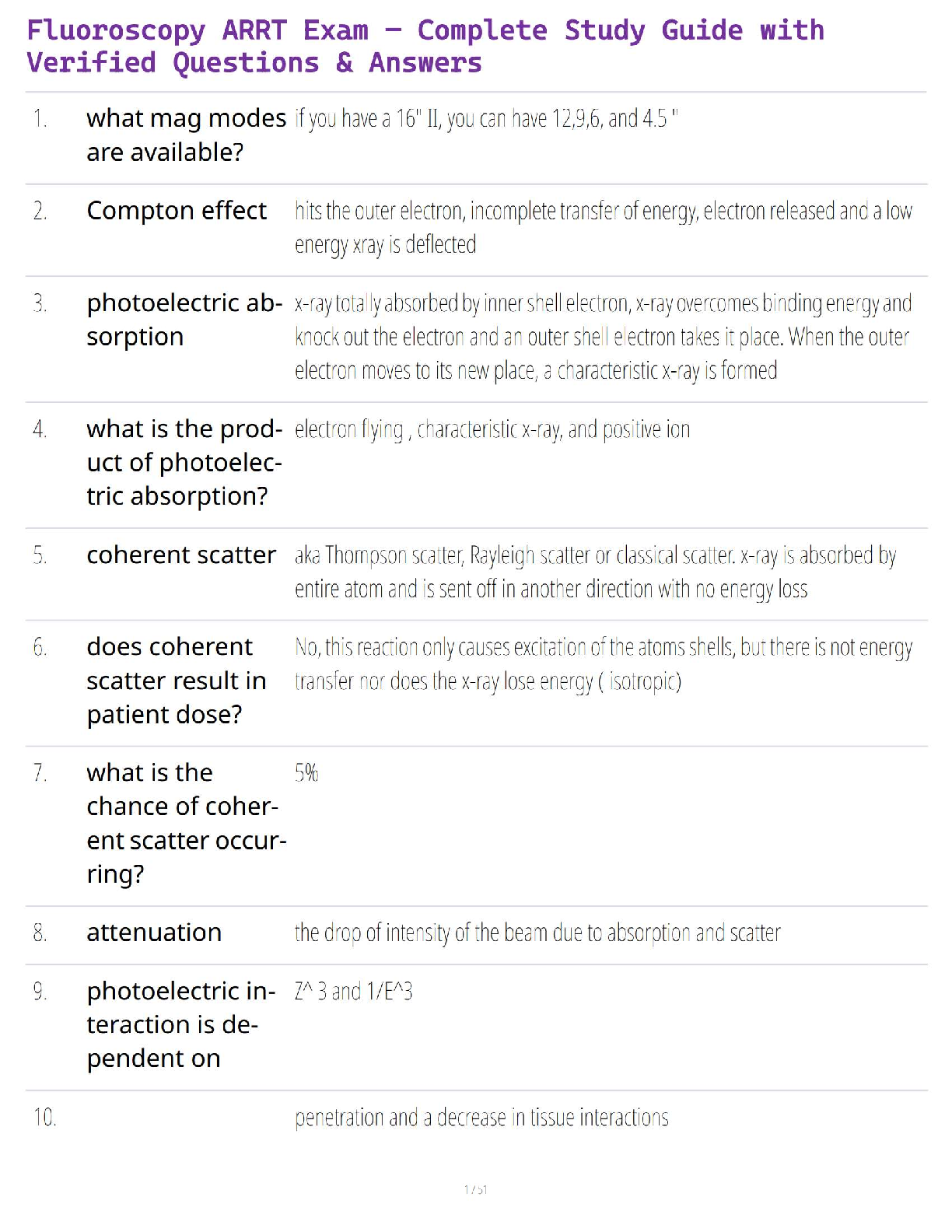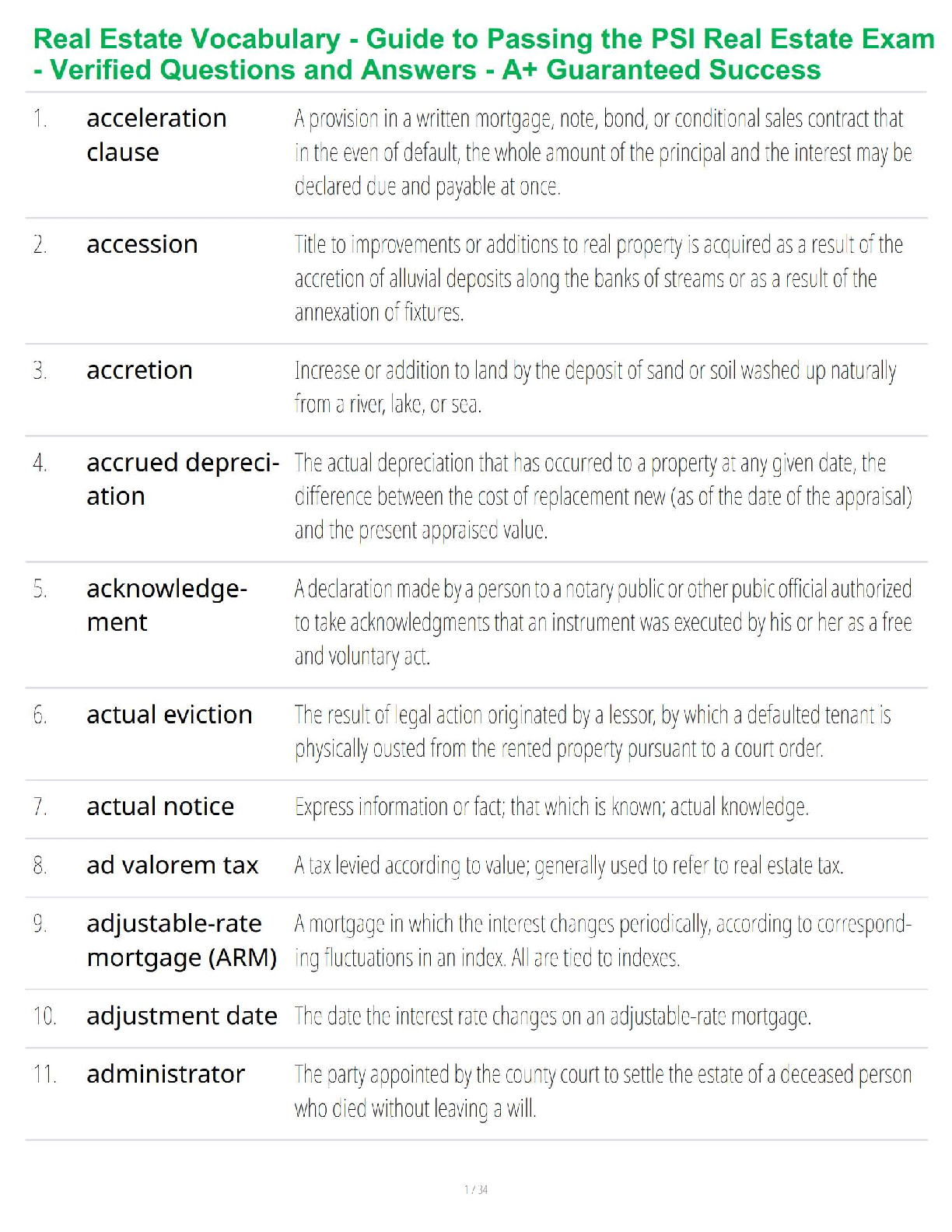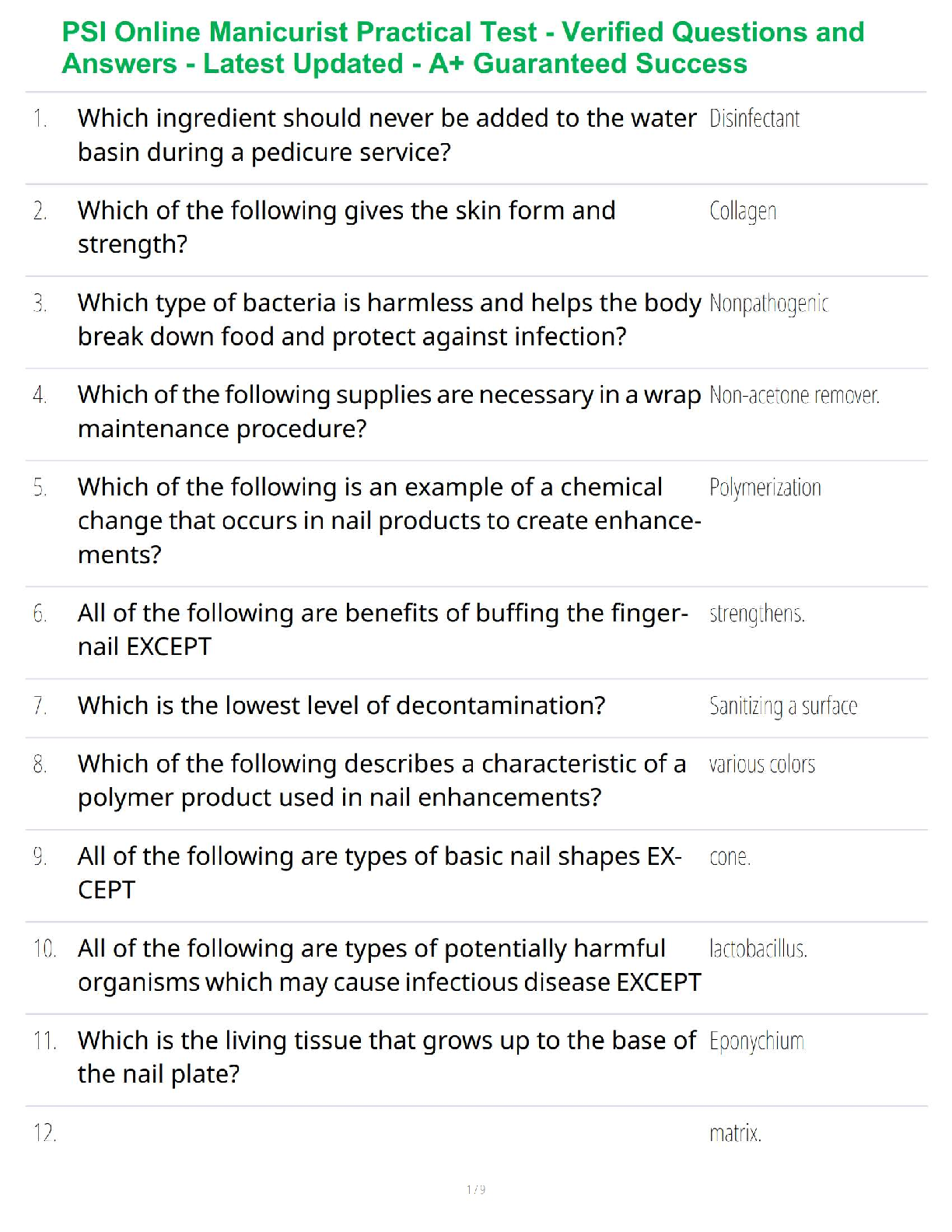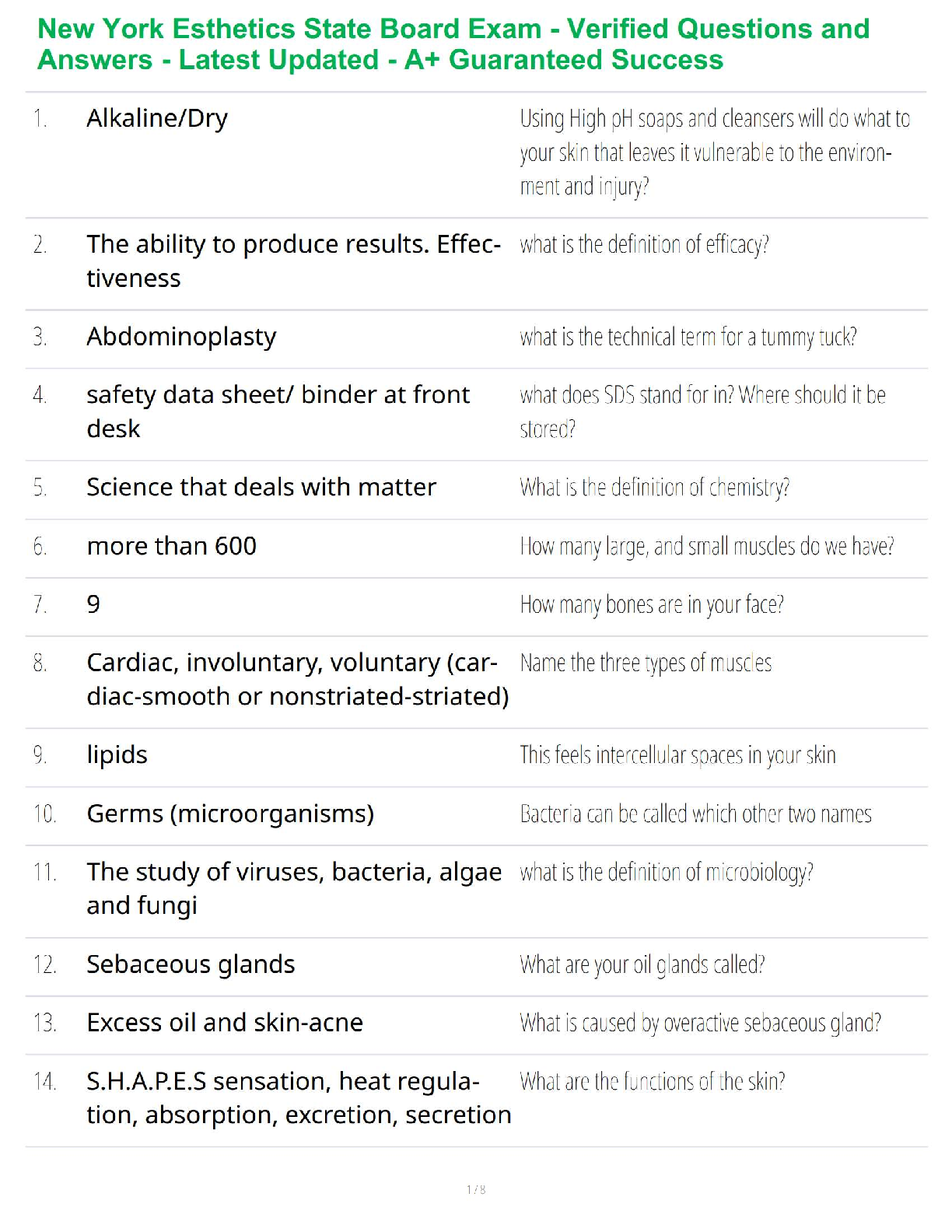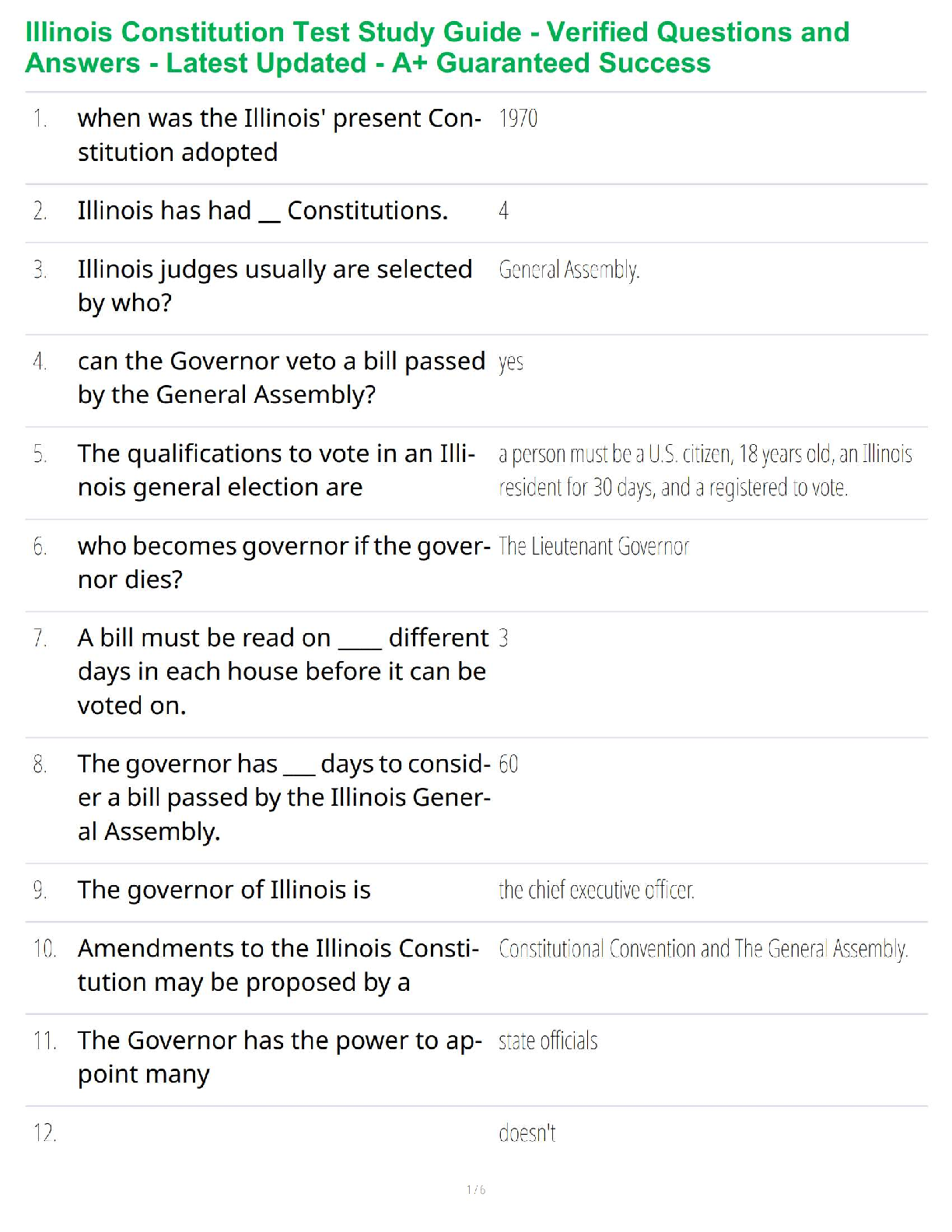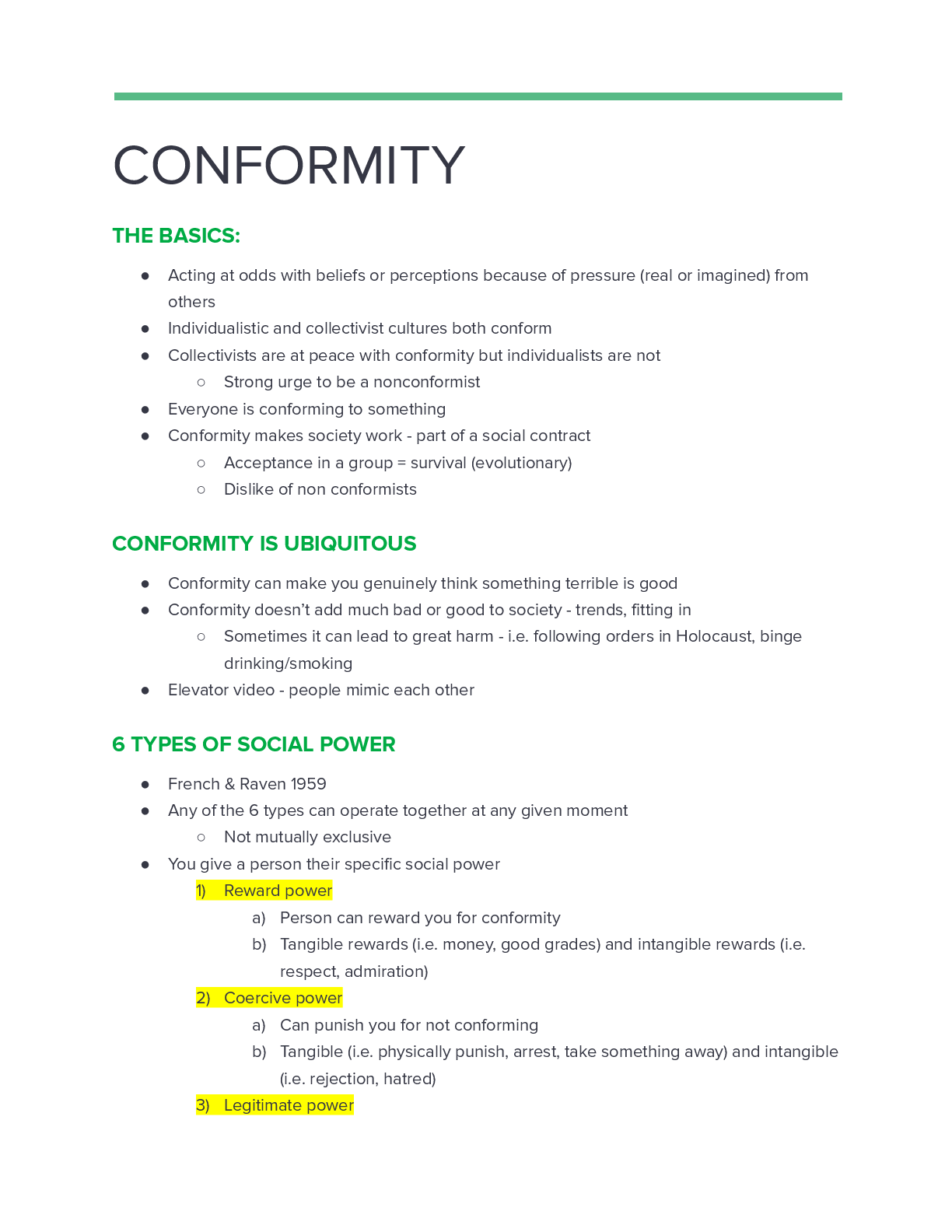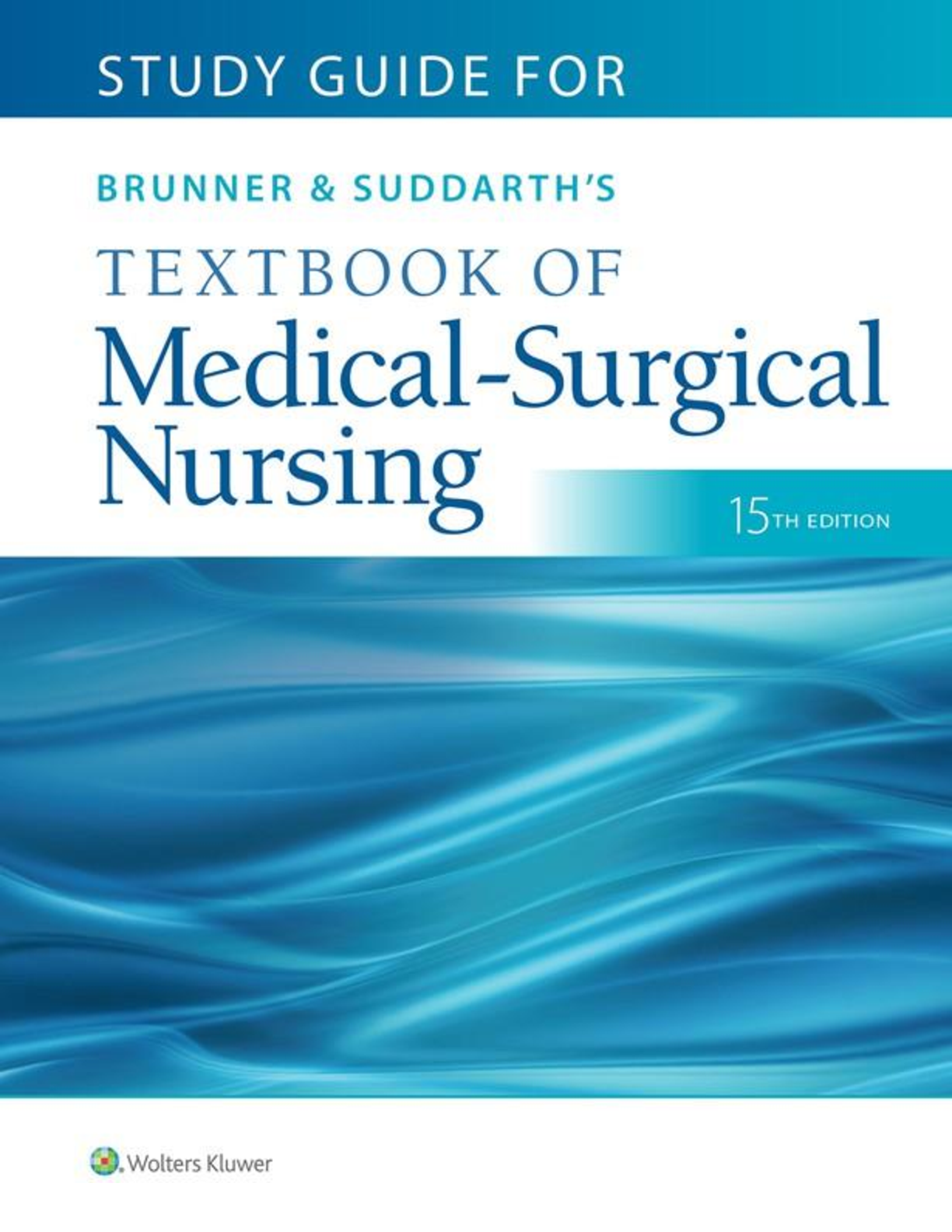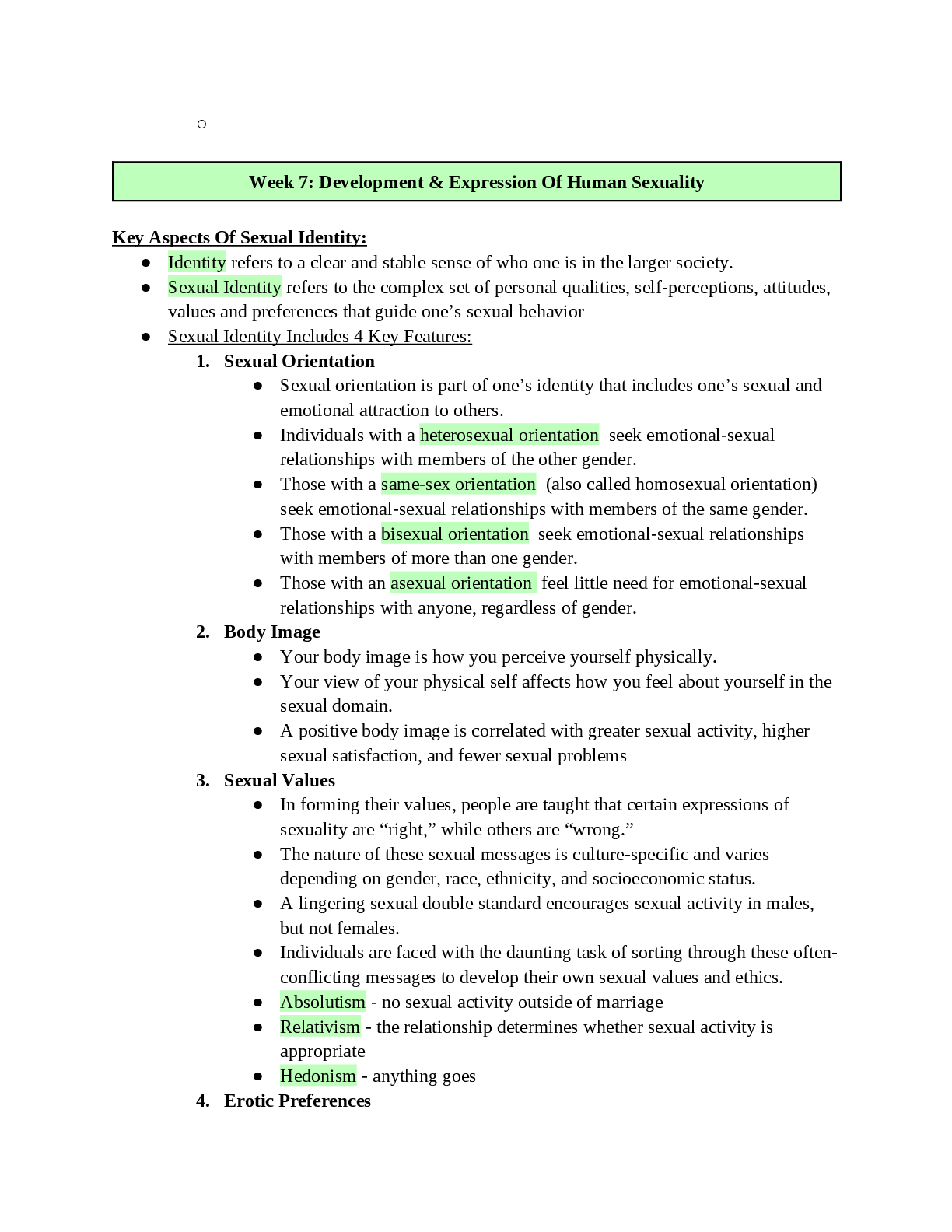Cellular Proliferation
the role of inactive MLH1 in the development of some forms of inherited colon cancer (p. 1468-1470) p.186
• MLH1 is a deoxyribonucleic acid (DNA) mismatch repair gene, essentially a tumor suppres
...
Cellular Proliferation
the role of inactive MLH1 in the development of some forms of inherited colon cancer (p. 1468-1470) p.186
• MLH1 is a deoxyribonucleic acid (DNA) mismatch repair gene, essentially a tumor suppressor gene in this case. If MLH1 is inactive, repair is unable to be made to the DNA mismatches and the hereditary factor of colon cancer (see below) is able to proliferate.
• Progression from polyps to colon cancer (1) activation of proto-oncogenes
(promote cell growth) (2) loss of tumor-suppressor gene activity (inhibit cell growth]); and (3) abnormalities in DNA mismatch repair (MMR) genes (fix errors in DNA replication and recombination
• Microsatellite instability = genetic hypermutability (predisposition to
mutation) that results from DNA MMR. Usually right sided colon proximal to splenic flexure, associated with autosomal dominant hereditary polyposis colorectal cancer.
Inflammation as an etiology for cancer-note conditions in which this may occur (p. 403)
• Chronic inflammation caused by infiltrating immune cells help to create a permissive tumor progressing environment. Also thought to precede and initiate malignant change in many cancers (colon, liver, lung)
• Numerous environmentally-linked reasons for inflammation (tobacco
smoke, exhaust, asbestos, fine particles in air) and can be linked to many cancers (lung)
• Chronic inflammation and cancer development = continuous presence of
cytokines (soluble factor that affects neighboring cell, can be pro- or anti- inflammatory, interleukins or interferons)(p203-205), chemokines (low- molecular weight peptide that induce leukocyte chemotaxis or directional movement of cells on a chemical gradient)(p203-205), reactive oxygen species (free radical that damages cell membrane)(p59-60), oncogenes (mutant genes that in their normal nonmutant state direct synthesis of protein that positively regulate or accelerate proliferation), amongst others
Cancer
In terms of epigenetic modifications, the role of environmental stressors associated with development of cancer
Defects in Mechanism of Defense
Hemolytic defects in the newborn
Understand the meaning of infectivity: Ability of the pathogen to establish an infection.
Most effective treatment for HIV - Page 327 - Antiretroviral therapy (ART) in different combinations. In general, at least three drugs used as a cocktail (2 NRTIs and one from another class (NNRTI, PI, INSTI or CCR% antagonist). Death reduced significantly with compliance. Without meds, death in 9 to 10 months.
No cure, just good response with decades of life. Even with success avoiding oportunistic infections, HIV patients at higher risk for comorbidities (cardiovascular disease, renal disease, diabetes, liver disease). Development of effective vaccine greatest hope in fight against AIDS. Providers recommend to screen adults 15 – 65 for the disease. Those younger and older with increased risk should be tested.
Defected cells of HIV
Signs of T-Lymphocyte deficiency
..................................................CONTINUED................................................................
[Show More]



